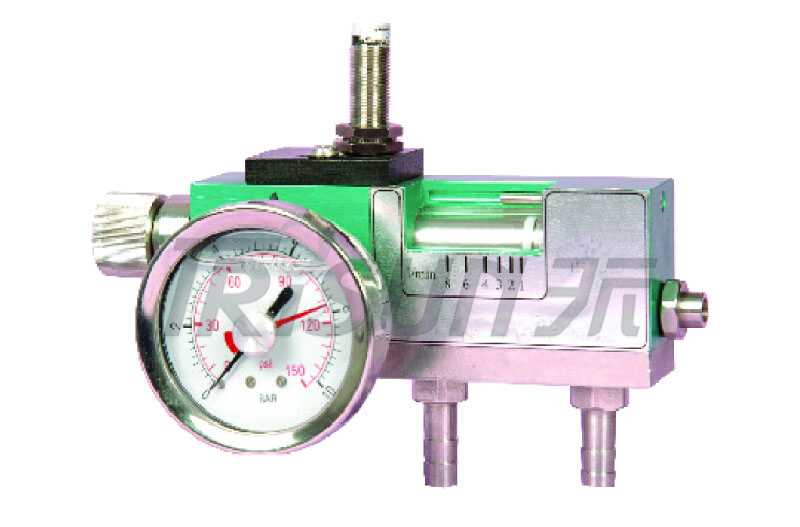Heat Exchanger
High-Efficiency Heat Exchanger
Features & Benefits
Key Features
- High Thermal Efficiency – Maximizes heat transfer to save energy and reduce operational costs.
- Durable Construction – Built from corrosion-resistant metals to withstand harsh environments.
- Compact Design – Saves space while delivering optimal performance in tight installations.
- Wide Temperature Range – Works effectively in both high and low-temperature applications.
- Easy Maintenance – Accessible components simplify cleaning and servicing.
- Leak-Resistant Operation – Advanced sealing ensures safe separation of fluids.
- Customizable Configurations – Available in shell-and-tube, plate, and air-cooled designs.
Benefits
- Energy Savings – Efficient heat transfer lowers fuel and electricity consumption.
- Operational Reliability – Durable materials minimize downtime and maintenance.
- Versatility – Adaptable for multiple fluids and industrial applications.
- Easy Integration – Compatible with existing systems for quick installation.
Why Choose This Product
Our heat exchanger is trusted for:
- Expert Engineering – Meets international quality and safety standards.
- High Reliability – Long service life under demanding industrial conditions.
- Versatile Applications – Ideal for HVAC, chemical, petrochemical, and food processing.
How It Works / Usage Guide
- Connect Fluid Streams – Install according to system inlet and outlet specifications.
- Transfer Heat Efficiently – Hot fluid passes through the exchanger, heating or cooling the cold fluid.
- Monitor and Maintain – Regular inspections keep the heat exchanger performing optimally.
Industry Applications of Heat Exchanger
- HVAC Systems – Transfers heat between air and water or refrigerant for optimal temperature control.
- Chemical Processing – Maintains precise temperature during chemical reactions and processes.
- Power Plants – Recovers waste heat from boilers and turbines to improve energy efficiency.
- Oil & Gas – Heats or cools fluids in pipelines and refinery operations.
- Food & Beverage – Maintains temperature control for pasteurization and food processing.
- Pharmaceuticals – Ensures sterile temperature environments for safe production.
Customer Reviews / Testimonials
Alex M., Plant Engineer:
"This heat exchanger improved energy efficiency in our chemical plant significantly."
Linda R., HVAC Manager:
"Compact design and easy installation. It saved space and reduced costs."
James P., Operations Supervisor:
"Reliable and durable. Our systems now run smoothly with minimal maintenance."
Frequently Asked Questions (FAQs)
Q1: What is a heat exchanger?
A1: A heat exchanger transfers heat between two or more fluids without mixing them.
It improves energy efficiency and helps maintain desired temperatures in industrial systems.
Commonly used in HVAC, power plants, and manufacturing applications.
Q2: How does a heat exchanger work?
A2: Hot fluid passes through channels and transfers heat to cold fluid via metal walls.
The fluids remain separate, preventing contamination while enabling thermal exchange.
This process ensures consistent temperature control and system efficiency.
Q3: Where are heat exchangers used?
A3: Heat exchangers are used in HVAC, power plants, chemical processing, oil & gas, and food industries.
They regulate temperatures, recover waste heat, and improve energy efficiency.
They are essential wherever fluid temperature control is required.
Q4: How do I maintain a heat exchanger?
A4: Regular cleaning and inspection prevent fouling and corrosion.
Check for leaks or scaling that could reduce heat transfer efficiency.
Scheduled maintenance ensures long-term reliability and optimal performance.
Q5: What types of heat exchangers are available?
A5: Common types include shell-and-tube, plate, air-cooled, and spiral heat exchangers.
Each type is suitable for different fluids, temperature ranges, and space constraints.
Selection depends on your industry and operational requirements.
Q6: Are heat exchangers energy-efficient?
A6: Yes, heat exchangers maximize heat transfer between fluids to reduce energy use.
They help lower fuel or electricity consumption and operational costs.
Energy efficiency makes them critical in industrial and commercial applications.
Optimize your system’s performance with our high-efficiency heat exchanger. Reduce energy costs, extend equipment life, and maintain consistent operations. Contact Us to learn more.


















